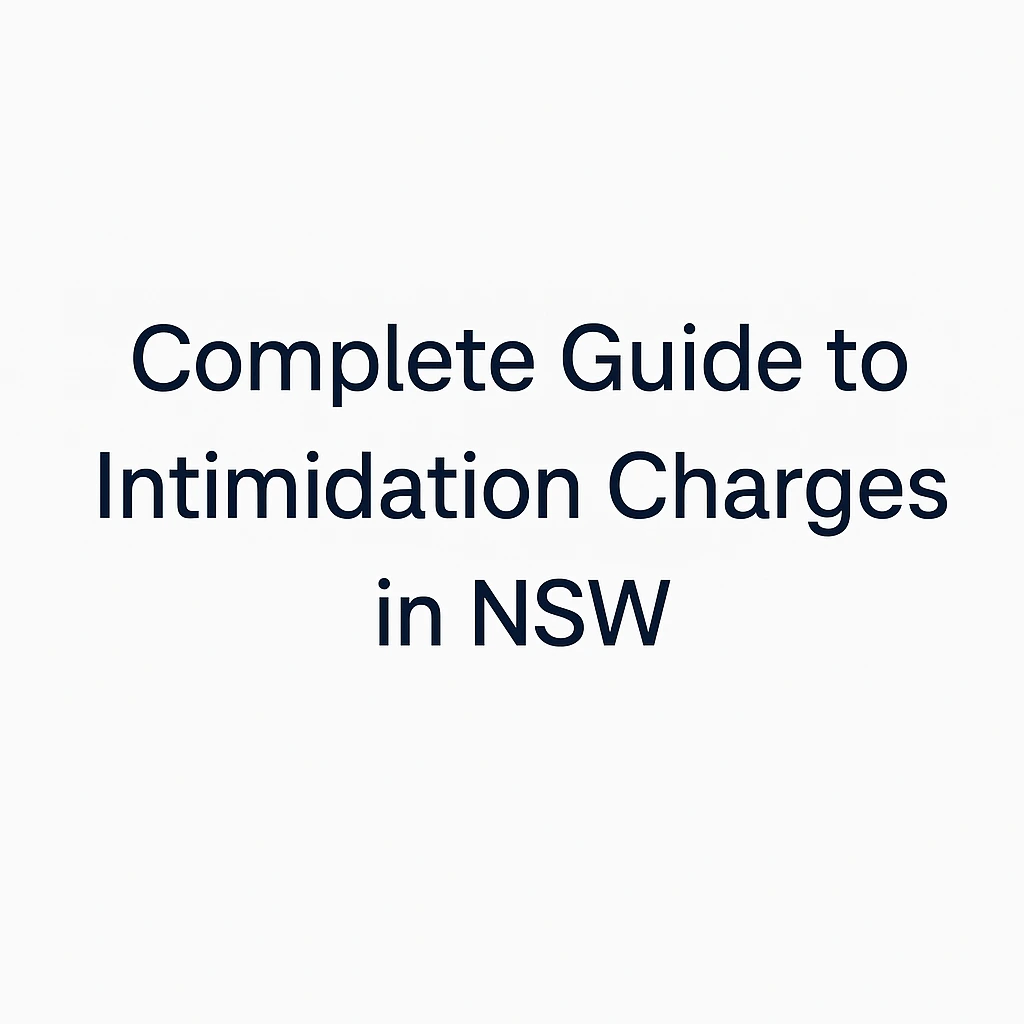Appealing Local Court Convictions in NSW
Appeals from the NSW Local Court to the NSW District Court are governed by the Crimes (Appeal and Review) Act 2001. If you’ve been convicted or sentenced in the Local Court, you have the right to appeal to the District Court.
To exercise this right, an appeal must be filed:
-
Within 28 days of the conviction or sentence, or
-
Within 3 months, if the District Court grants leave to appeal out of time.
How the District Court Deals With Conviction Appeals
According to Blacktown Criminal Lawyers at AMA Legal, a conviction appeal in the District Court is not a fresh hearing (de novo). Instead, it is a rehearing on the transcripts and exhibits from the original Local Court proceedings.
The District Court does not simply allow an appellant to reargue their case. Instead, the appellant must demonstrate that the Local Court Magistrate made an error of law, fact, or discretion. Criminal Lawyers Blacktown opine that such errors may include:
-
Misapplication of the law
-
Mistaking key/relevant facts
-
Acting on a wrong legal principle
-
Giving inadequate reasons
-
Flawed or inconsistent reasoning
-
Considering irrelevant matters
A miscarriage of justice can also justify intervention, even if a specific legal error is not identified.
Burden of Proof in Conviction Appeals
As Blacktown Criminal Lawyers explain, the requirement to demonstrate an error does not shift the burden of proof. The prosecution always retains the onus of proving guilt beyond reasonable doubt.
It should be noted that a conviction appeal does not require the District Court to undertake a complete review of the whole of the evidence and form its own view as to the appellant’s guilt regardless of the issues raised by the appellant. The extent of the review will depend on the circumstances of the case and the kind of error alleged by the appellant.
What Can the District Court Decide?
On a conviction appeal, the District Court may:
-
Set aside the conviction, or
-
Dismiss the appeal.
On a conviction appeal the District Court has no power to remit the matter to the Local Court for redetermination.
Recent published cases
Hood-Carberry v R
The case involved an appeal against convictions for resisting and assaulting a police officer. Jacob Hood-Carberry was convicted in the NSW Local Court based on an incident where he failed to comply with police instructions. The appeal focused on whether the arresting Police officer was acting within his lawful powers under the Bail Act 2013 and Law Enforcement (Powers and Responsibilities) Act 2002. The District Court found that the police officer had not clearly communicated the arrest or exercised lawful authority during the incident, leading to the convictions being set aside.
R v WC [2024]
This case involved an appeal against convictions for reckless wounding and affray. The case at the Local Court and on appeal centred around self defence specifically whether the conduct of the appellant in grabbing hold of a knife and then with the knife hitting the complainant was a reasonable response in the circumstances as the appellant perceived them.
The appellant contended that, the Magistrate:
- failed to take into account relevant considerations
- had then taken into account irrelevant considerations
- had made inconsistent findings of fact; and
- should have found self-defence was not negated by the prosecution.
After considering the evidence adduced in the NSW Local Court, the Judge was not satisfied that the appellant’s behaviour in stabbing the complainant, notwithstanding that the appellant was being pummelled by the complainant, was reasonable in the circumstances thus self defence was not made out and the findings of the Magistrate were affirmed, and the appeal was dismissed.
Speak to Criminal Lawyers Blacktown at AMA Legal
If you’ve been convicted in the Local Court and are considering an appeal, you should speak to Criminal Lawyers in Blacktown.
Call AMA Legal on (02) 8610 3764 for a confidential consultation.





